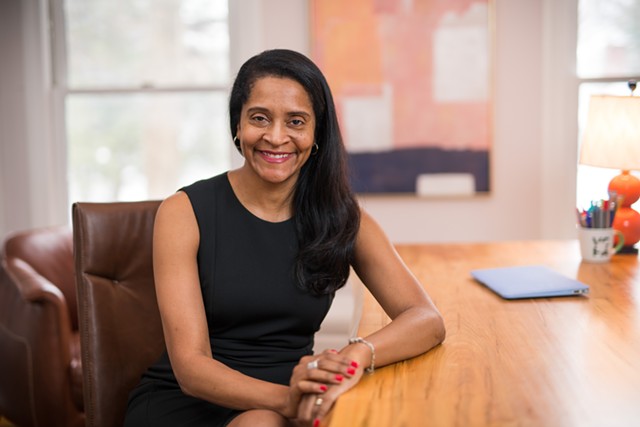
- Andy Duback
- Emily Bernard
Bernard was named a 2020 Andrew Carnegie Fellow by the Carnegie Corporation of New York. The fellowship includes a $200,000 prize, given to scholars to support "research in the humanities and social sciences that addresses important and enduring issues confronting our society." Bernard was among 27 fellows elected from a pool of more than 300 nominations.
"I couldn't believe it," Bernard told Seven Days by phone, adding that she's known about the fellowship for several weeks but has had to keep it under wraps. "I opened the email and had to show it to my husband to make sure it was real," she continued. "The validation and honor that your work is reaching people, nothing surpasses that."
Related UVM Prof, Author Emily Bernard Wins Christopher Isherwood Prize
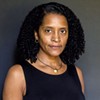
UVM Prof, Author Emily Bernard Wins Christopher Isherwood Prize
Live Culture
"As opposed to the conventional stories about success that we love to tell as Americans — the steady, upward march — I'm interested in what happens in between," she explained. "What kinds of mundane choices, along with the really big ones, make up a life's story? Is it chance, or choice, or fate?"
As an example, Bernard referenced Fredi Washington, a popular black actor in the 1920s and ’30s who was essentially forced out of Hollywood because she was light skinned.
"She didn't translate readily as black to white audiences," Bernard said. "It caused her professional problems and limited the kinds of roles she could get, not fitting into whiteness or blackness."
However, Washington rose to later prominence as a civil rights activist and cofounded the Negro Actors Guild of America. The group served as an important advocate for black entertainers of the era.
"That's not a story about failure," Bernard said. "It's a story about making something meaningful out of the world around you with the resources at your disposal.
"So I'm interested in revisiting stories about black women … and kind of imagining them through that different lens," she continued. "As opposed to tragic stories about black women who didn't get a chance to realize their ambitions, these are women who rewrite their destinies."
The Carnegie Fellowship will financially support Bernard for two years while she works on the book, during which time she won't be teaching. She will, however, likely spend plenty of time on campus doing research at the Howe Library with the aid of what she calls her "secret weapons" — research librarians. Chief among those is UVM library associate professor Patricia Mardeusz.
"She has been my creative companion," said Bernard of Mardeusz. "It's thrilling work, and Pat is just a master."
While Bernard's new book won't be autobiographical, she does see a connection between Black Is the Body and the work she'll produce as a Carnegie Fellow.
"As I was writing my last book, I was conscious that in the stories I relayed I was only one player," she said. "Not only did I write about other people, but I thought about the sacrifices that, without sounding melodramatic, the sacrifices that my female ancestors made so that I could have this platform and write books.
"That road was paved generations before I came along," Bernard continued. "I feel that the fellowship is about … the women who came before me for whom there were not these kinds of fellowships to support their work or to validate their ambitions."
Speaking of...
-

UVM, Middlebury College Students Set Up Encampments to Protest War in Gaza
Apr 28, 2024 -

Records Show UVM Professors Questioned Decision to Nix Palestinian Writer’s Appearance
Dec 20, 2023 -

UVM Strikes Deal With Burlington That Could House More Students on Campus
Dec 18, 2023 -

Burlington Area Selected as Semiconductor 'Tech Hub'
Oct 25, 2023 -

UVM Students Protest Cancellation of Palestinian Writer's Appearance
Oct 24, 2023 - More »


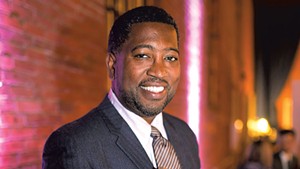

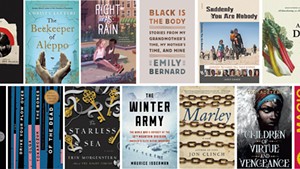

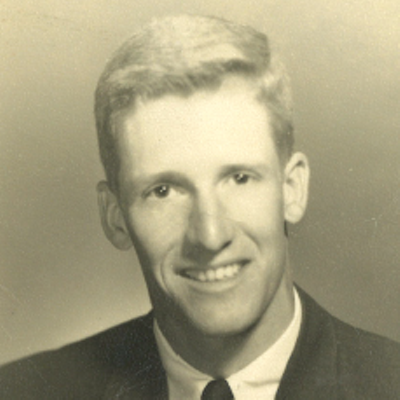
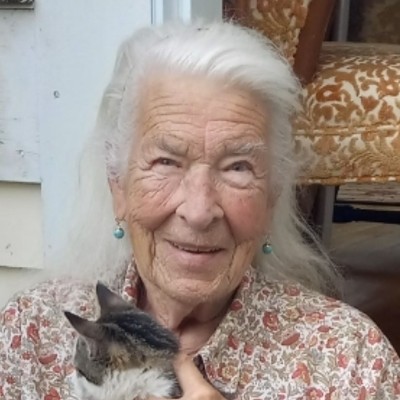
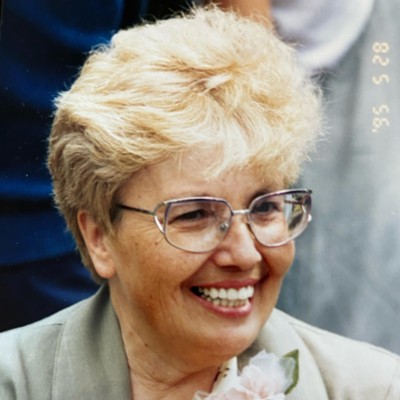
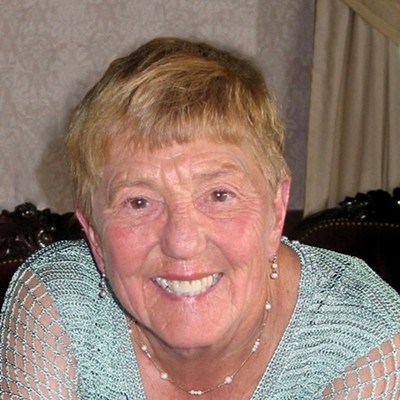
Comments
Comments are closed.
From 2014-2020, Seven Days allowed readers to comment on all stories posted on our website. While we've appreciated the suggestions and insights, right now Seven Days is prioritizing our core mission — producing high-quality, responsible local journalism — over moderating online debates between readers.
To criticize, correct or praise our reporting, please send us a letter to the editor or send us a tip. We’ll check it out and report the results.
Online comments may return when we have better tech tools for managing them. Thanks for reading.